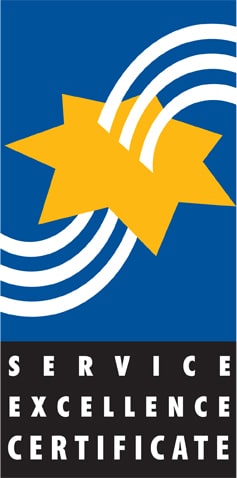Many people believe that medical procedures have to hurt, particularly if they involve needles or other sharp instruments. They can hurt, of course, but you may be surprised to know that pain is not a given. Fear and pain are natural protective mechanisms that parents can help switch off — and the earlier you start, the easier it is.
Do your homework and go prepared. It’s not hit and miss whether a child learns to cope – it’s a combination of their previous experiences, how well prepared they are, and what the adults say and do. Instead of relying solely on the healthcare professionals, find out in advance how you can be a positive influence, reduce the perception of threat and help your child feel safe and comfortable. You may be surprised how much research has already been done.
Get all the important tips from a tiny tot in It doesn’t have to hurt from the Centre for Paediatric Pain Research in Canada.
Children sense and watch what’s going on around them and adults need to stay calm; it is the key to a child’s sense of security. As a parent, I also know it can be hard and may require faith, combined with an Oscar-winning performance, to present the medical world as a safe and friendly environment. “You have to be brave for your child” is how one experienced mum put it.
It’s not helpful when parents identify with their child’s potential or actual suffering and show their own emotions. If you are releasing a cascade of anxiety-producing hormones, then your young child will too, amplifying any fear and pain.
Remembering to breathe and watching the natural rhythm of your breath can make a big difference.
There is a long, history of parents being excluded from the care of their children in the medical setting. Fortunately times have changed, and parents no longer have to hand over their children and their power to the healthcare providers. You can speak up, maintain your authority and become a vital member of the team. Calm, informed parents provide the ideal protection from fear, pain and trauma for children.
“It’s not about being demanding. It is what works for my son. We are positive and confident when we go for procedures and we have never had a problem. It has changed our perspective on the hospital.” Parent and health rights lawyer Liz Bishop, who has more to say in the video Listen to a parent’s experience.
When parents and health professionals all work together as one harmonious team, each bringing their complementary areas of knowledge and expertise, medical procedures can become a source of resilience and mastery for children.
|
REPLACE THE OLD MALADAPTIVE CYCLE
Procedures→Threat→Fear→Distress→Pain→Aversion→Avoidance
WITH
Procedures → Normal→Sense of safety→Coping→Happy to go back again→Mastery
|



